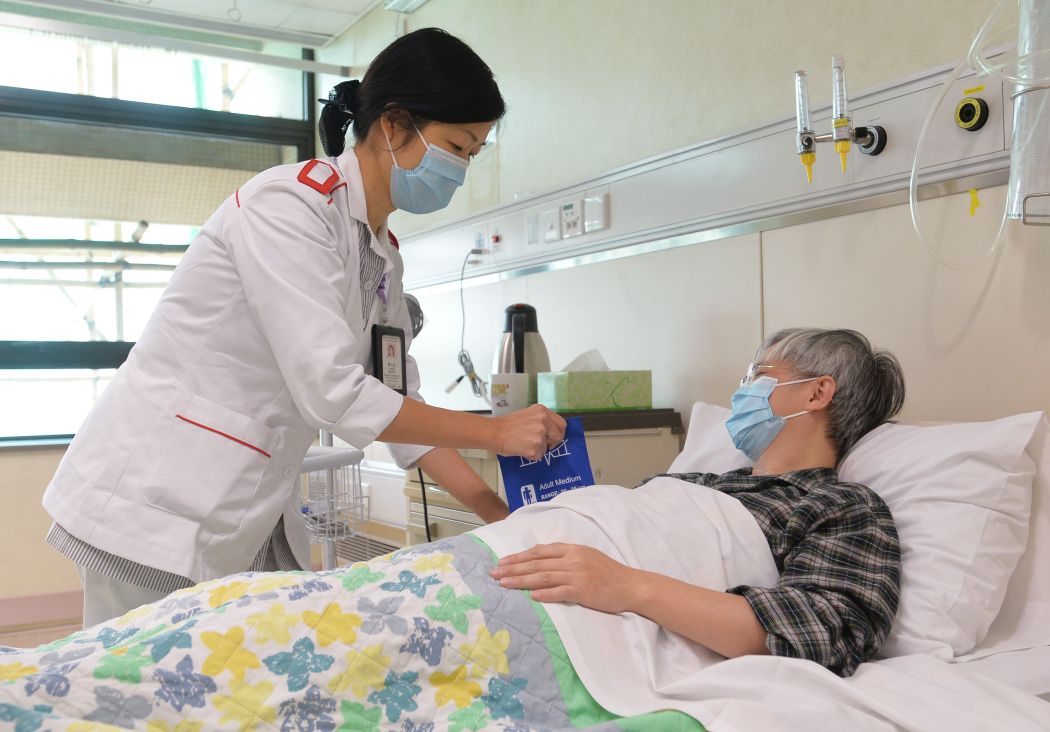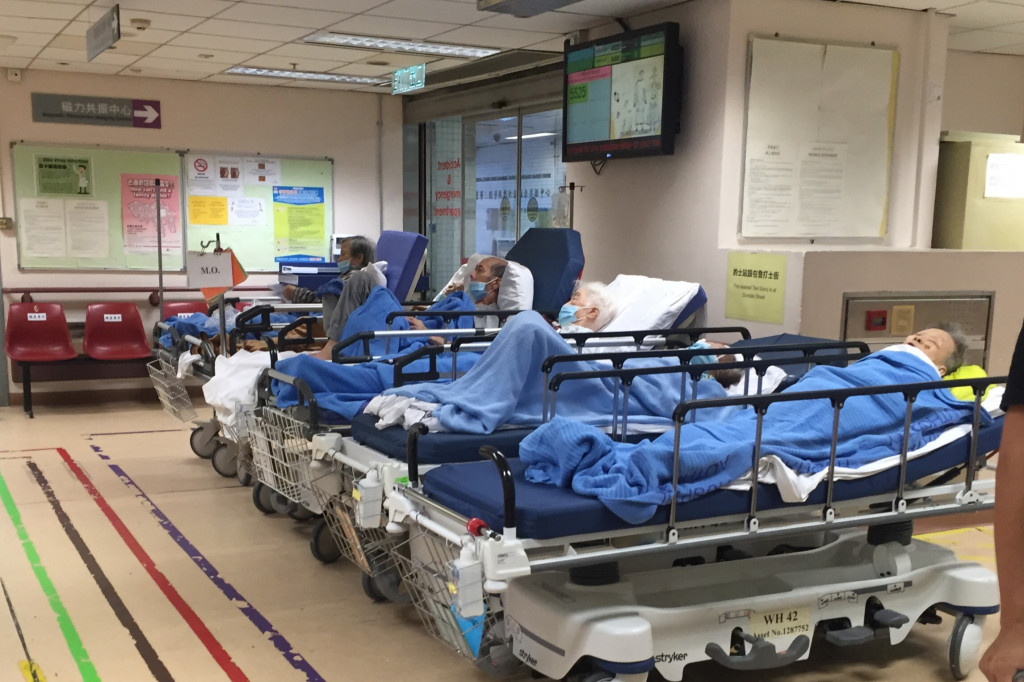A public hospital doctor has urged the Hospital Authority to stop asking medical professionals to attend courses on national affairs in the mainland whilst the winter flu surge overwhelms local facilities.
Alfred Wong Yam-hong, a cardiologist at Tuen Mun Hospital and member of the Médecins Inspirés professional group, said the government should – instead – help slash the workload by recognising doctors from the Commonwealth of Nations and cutting immigration.
Over the past two weekends, frontline public hospital doctors and nurses have protested against a lack of resources and their heavy workload, as over-run hospitals struggle to battle flu season.

Wong said the Hospital Authority often asked medical staff to attend non-clinical courses on national affairs in January and February, when the flu situation was at its most severe.
He told a Commercial Radio programme on Monday that the training trips only increased the burden upon frontline medical staff: “It is like taking food away from beggars, during our busiest time.”
“I don’t see what Hong Kong’s medical system has to learn from the mainland,” he added. “Even if there is a necessity to attend the courses, why should it be frontline staff who attend them, and not the management?”
Wong also criticised a hospital accreditation programme launched by the Hospital Authority as “extremely unnecessary.” The programme aimed at enhancing the accountability of hospitals in terms of service quality and safety.
“I once heard that a cleaner – responsible for mopping the floor – was asked by top management if she knew what our hospital’s mission was,” Wong said. “Just leave her alone – let her clean patients’ beds and the floor, so that we can accommodate another patient.”

Inadequate medical staff
Wong said some medical facilities at Tin Shui Wai Hospital and North Lantau Hospital were yet to open purely because there were too few medical staff.
“[The government] can afford to build an artificial island, how can we say we don’t have the facilities?” he said, referring to the government’s plan to reclaim 1,700 hectares of land near Lantau Island, at a cost of up to upwards of HK$500 billion.
Wong said he did not oppose foreign doctors working in Hong Kong, but the pass rate of mainland doctors tested under the Hong Kong licensing examination stood at only 10 to 20 per cent.
The solution, he said, would be to reintroduce the system before the 1997 Handover which allowed doctors from the Commonwealth to practice in Hong Kong. He said that it would work, as Hong Kong doctors were trained under the same system.

Immigrant patients
Another source of the problem according to Wong was the one-way permit scheme, under which 150 people can move to Hong Kong from the mainland. He said the Hong Kong government has no power to vet who can come.
Asked if he was suggesting that new immigrants used the medical service more often, Wong said he was not encouraging people to be discriminative: “We put saving lives as our first priority, but the government should manage its population policy.”
“In fact, some frontline medical staff have said that many people go to hospitals to ask for kidney dialysis or treatment for long-term illness, right after they obtained one-way permits.”
“We can feel that there are more and more patients who hold one-way permits. To solve the problem, we must face the issue of population policy. Otherwise, regardless of how much resources are put in, or how many cheering videos are made, the problem cannot be solved.”
The government does not keep statistics on how many immigrants interact with the health system.
